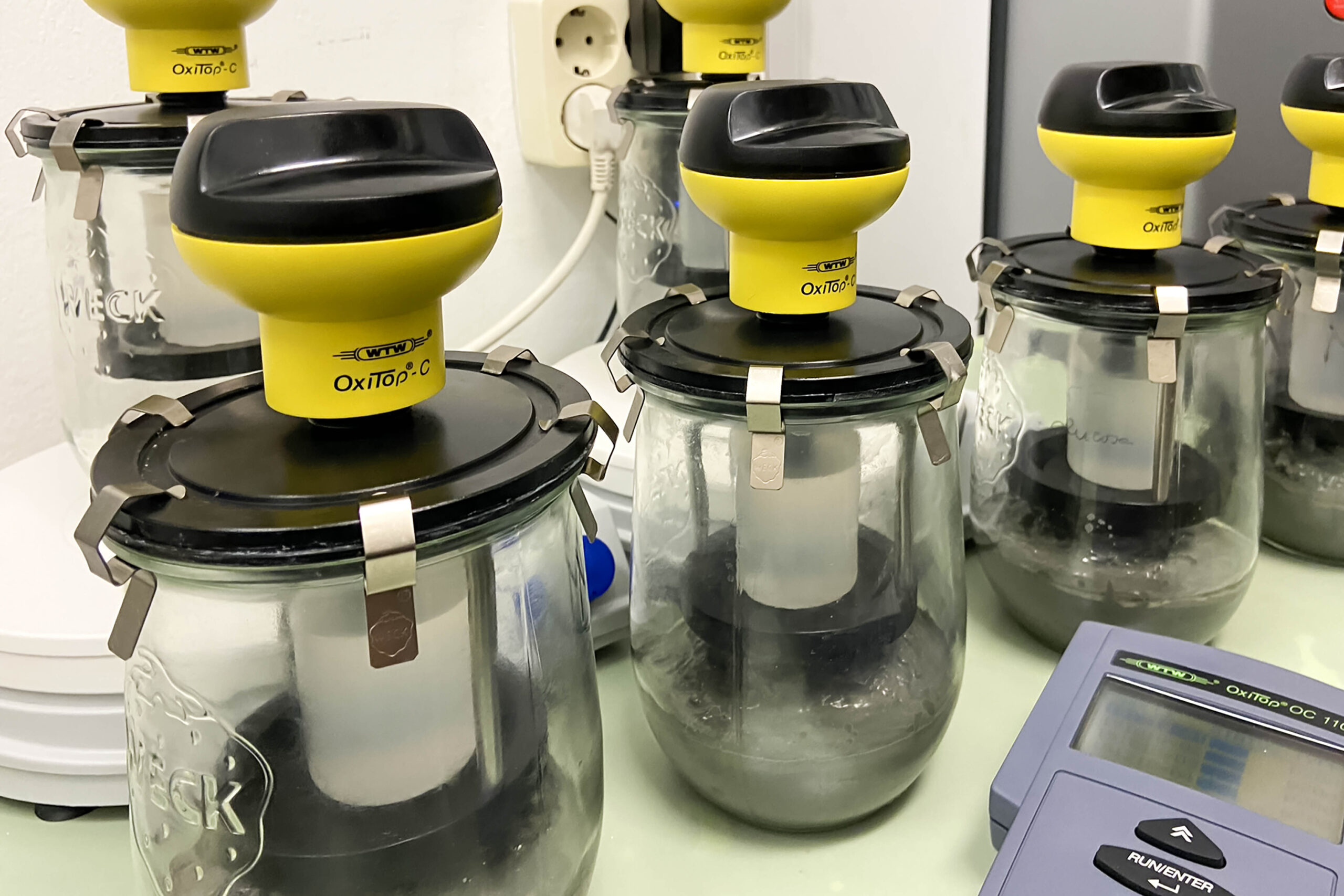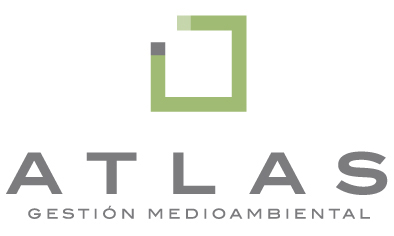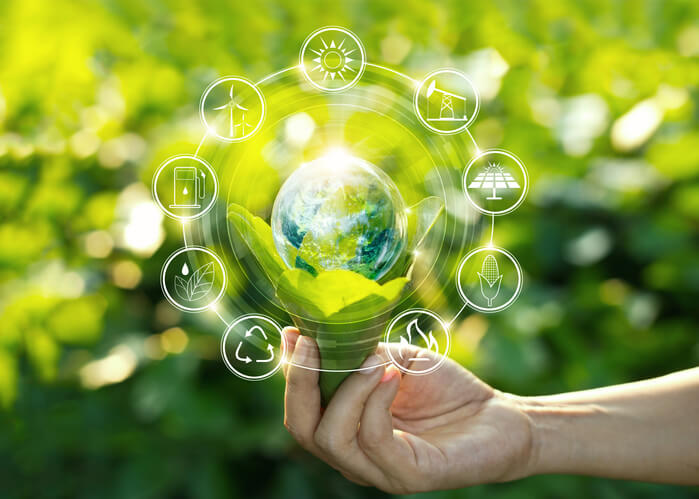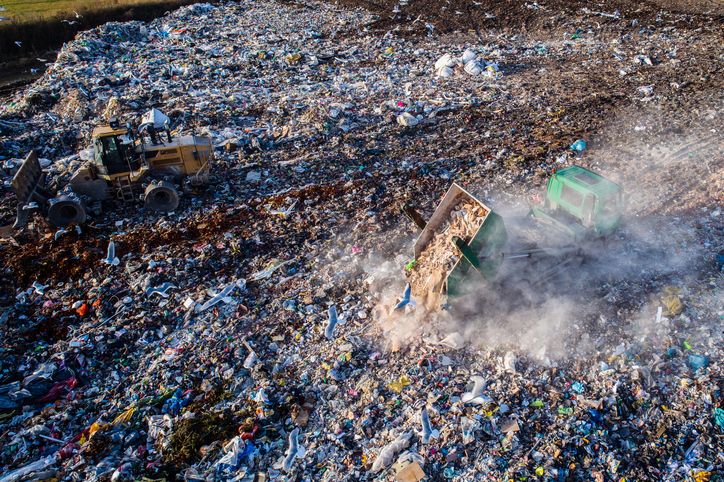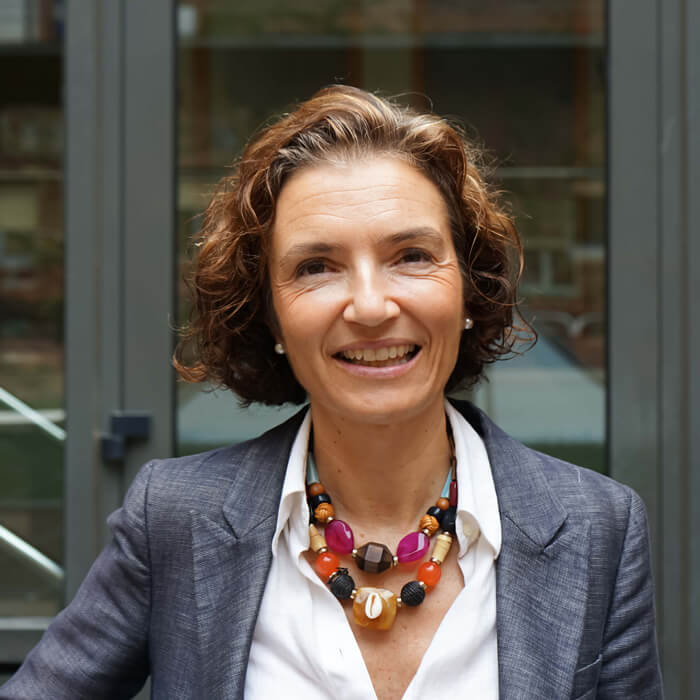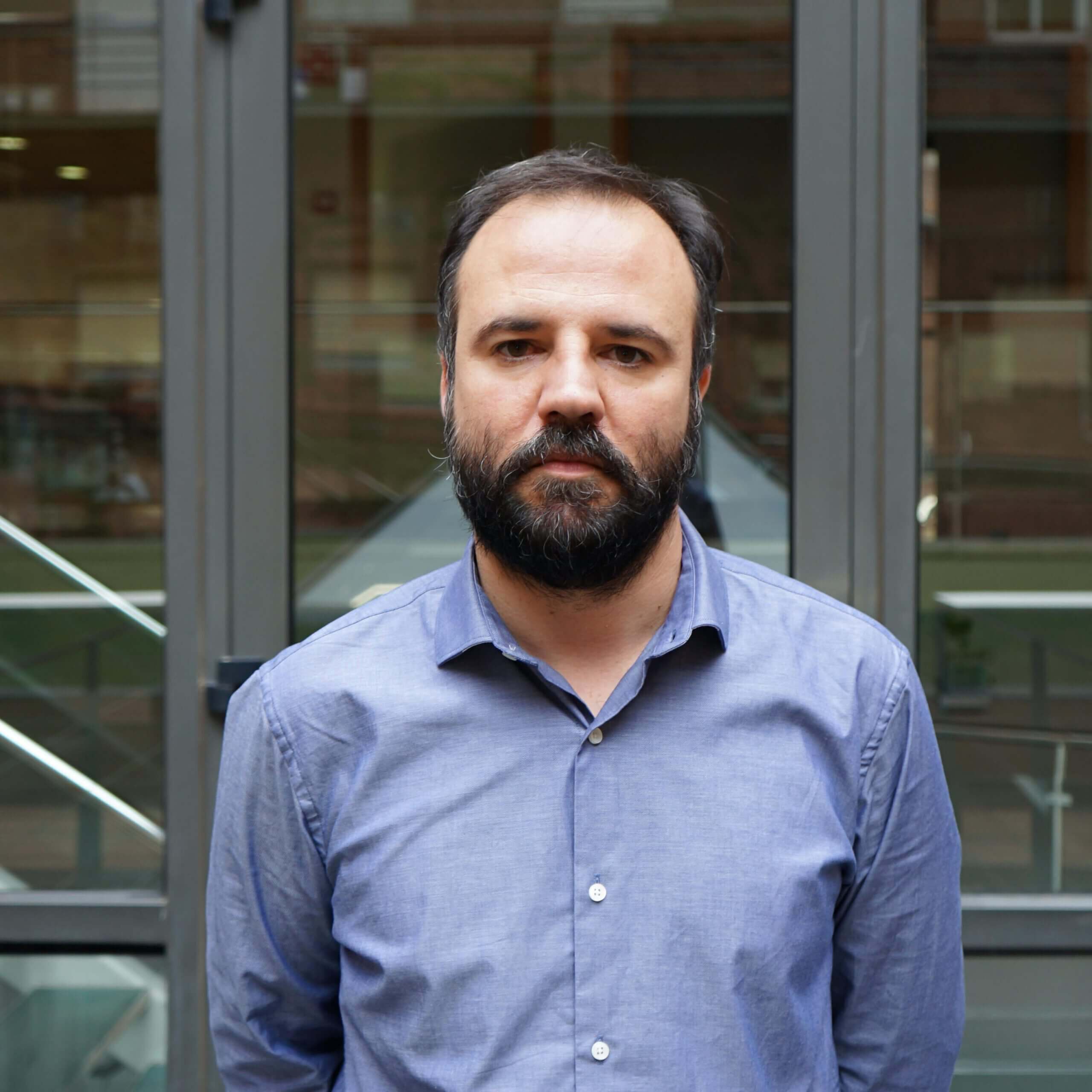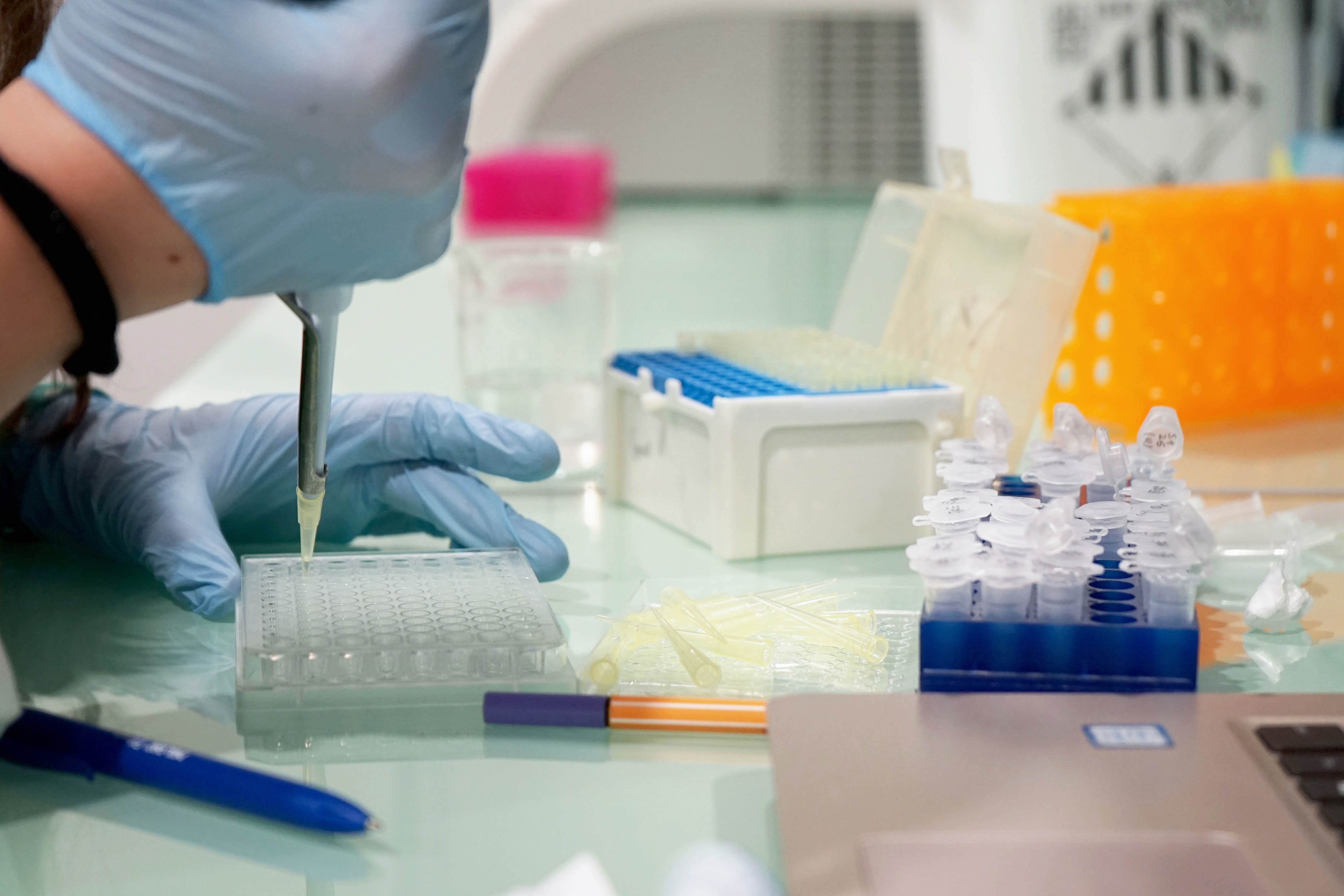Increasing Greenhouse Gases (GHGs) in the Earth’s atmosphere are changing our climate. Much of the increase in these emissions is attributed to the solid waste we produce as methane is generated during the decomposition phase. Over the past year, 7,550,000 tons of solid waste were generated in Catalonia, and the GHG emissions derived from managing it represent 6.7% (2.6 million tons ofCO2 eq/year in 2020) of the total emissions in Catalonia, according to the report by the Catalan Office for Climate Change in 2021.
The different ways of managing waste generate different emissions, with landfills responsible for the vast majority of emissions, derived from waste treatment (77% in 2020), due to the generation of methane gas (CH4), which represents 91% of the gases emitted in the waste sector. In addition, methane gas has a global warming potential 28 times greater than CO2 over 100 years, and its release into the atmosphere makes a significant contribution to global warming.
The GASCONTROL project, led by the company ATLAS, Dr María Auset Vallejo, and Dr Oriol Pou Ibar with the Environmental Process Engineering and Simulation Group (GESPA) at IQS, aims to develop a control technology that allows the precise and detailed measurement of the generation of greenhouse gases before they are deposited in a landfill. This project has received support under the NUCLIS R&D call for technological projects 2023 for projects in the field of climate change, awarded by ACCIÓ (The Catalan Agency for Business Competitiveness).
The company ATLAS Gestión Medioambiental S.L., specialized in the treatment of special waste, manages the only controlled deposit of hazardous waste in Catalonia, in Castellolí, with a management capacity of more than 3,000,000 m3, an activity declared a public service by the Government of Catalonia. ATLAS manages all hazardous waste generated in Catalonia, provided that its final destination is controlled disposal according to current regulations.
Since 2018, ATLAS and the GESPA group have collaborated on the development of a new methodology to measure the gases generated by solid waste. The objective has been to develop a detailed and precise measurement tool for biodegradable materials from the decomposition of an organic material or solid waste with GHG generation capacity once the material has been deposited in a landfill. The great interest in this measure comes from the fact that there is no international consensus on how to correctly measure the biodegradable organic matter content of waste. European legislation does not propose any official method, although in its 2001 draft it refers to the AT4 respirometric index.
The technological objectives of GASCONTROL
The experimental method previously developed by ATLAS and the GESPA group at IQS uses precisely this AT4 respirometric method to calculate the biodegradable carbon of waste generated as CO2 over a period of time. This method determines the potential generation of CO2 and CH4 (both in the case of landfill use and in the case of energy recovery) from different types of waste such as: municipal waste, sludge from wastewater treatment plants (both municipal and industrial), industrial solid waste, waste from mechanical-biological treatment plants from the municipal waste fraction, or waste from biological treatment plants (composting or anaerobic digestion) from the organic fraction of municipal waste.
The main objective of GASCONTROL at present is to design an industrial prototype to scale this measurement system based on four technological objectives:
- Optimization of the previously designed and tested method for measuring degradable carbon in solid waste.
- Design of the industrial prototype to measure degradable carbon, which is easy to operate, can be transported, and allows remote reading and graphic visualization of the data in real time.
- Validation and demonstration of the viability of the new equipment at the Castellolí landfill.
- Simulation of the generation of GHGs for each type of waste and landfill and determination of future emissions of the waste deposited in the current year due to the great interest in planning and defining waste management policies.
The ultimate goal is to optimize the overall management of waste throughout the territory and to be able to decide on its final destination, thus minimizing its environmental impact and optimizing its energy recovery.
In the words of Xavier Mundet, manager of the company ATLAS, “continuing to work and collaborate with IQS on this project gives us very specific knowledge in a field that has hardly been studied. Being able to determine and measure the fermentable organic matter of a waste is very important in order to optimize the correct management of waste.”
Related publication
M. Auset, L. Margarit, J. Cuadros, L. Fernández-Ruano, M. Claramunt, X. Mundet, Evaluation of the biodegradability of hazardous industrial solid waste: Study of key parameters. Journal of Environmental Quality, Volume 53, Issue 6, 2024.hazardous industrial solid waste: Study of key parameters. Journal of Environmental Quality, Volume 53, Issue 6, 2024











